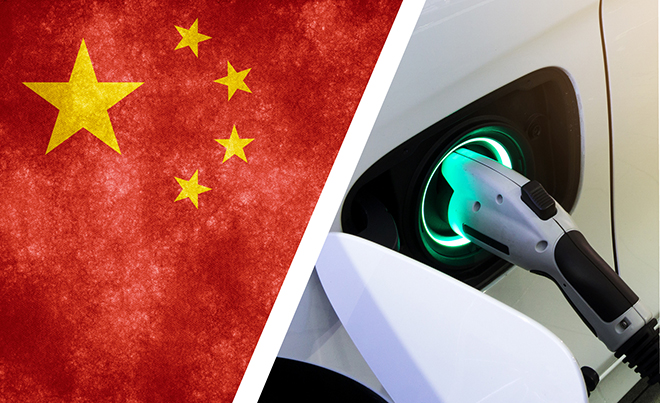[ad_1]
Governments in North America and Europe are critically involved about China’s rising dominance of the EV business. Chinese language automaker BYD just lately surpassed Tesla because the world’s main vendor of EVs, and it’s solely one in all a number of Chinese language-owned manufacturers which might be already promoting automobiles within the US and the EU.
Nonetheless, the world’s #2 and #3 auto markets differ when it comes to their response to the risk from #1. Up to now, the US has taken a way more protectionist stance than has the EU. This divergence is mirrored within the mixture of automobiles on sale—Chinese language-made EVs from a number of manufacturers are frequent sights on the streets of Oslo, however up to now, Geely-owned Volvo and Polestar are the one Chinese language manufacturers to realize a foothold within the US automobile market (BYD makes electrical buses in California).
The US presently imposes a 27.5 p.c tariff for all Chinese language-made automobiles, and the Inflation Discount Act creates an extra barrier with its stipulation that solely EVs made in North America qualify for tax credit. (Some concern that Chinese language companies may do an finish run round such boundaries by producing EVs in locations like Mexico and Brazil.)
The EU presently has a tariff of solely 10 p.c on imported automobiles, however the European Fee is contemplating whether or not to impose increased tariffs, and different protectionist measures are within the wind. France just lately revamped its guidelines on EV buy incentives to incorporate limits on the quantity of carbon emitted in manufacturing. In follow, that is anticipated to favor autos made in France over fashions manufactured in China.
Paradoxically, one other device to stem the flood of automobiles each inexperienced and brown (China is exporting plenty of gas-burners too) may very well be a brand new tax on the embedded carbon emissions of imported items. The EU has begun phasing in a carbon border tax, which requires importers to report the embedded CO2 emissions of imported merchandise.
The EU’s Carbon Border Adjustment Mechanism (CBAM) is aimed primarily at energy-intensive uncooked supplies comparable to iron, metal, cement, fertilizer and aluminum. It’s meant to cut back carbon emissions, to not shield European automakers from overseas competitors, however may the legislation, deliberately or not, apply to EVs imported from China?
Accounting big KPMG predicts: “Initially, the automotive business will solely be not directly affected by way of the provider community and solely instantly in particular circumstances.” Nonetheless, the business is definite to really feel the consequences. “With a 12% share of metal in intermediate items, the automotive business performs a vital position in uncooked materials markets.”
Some take a contrarian view, arguing that the West ought to welcome China’s dashing up the vitality transition with state subsidies. The Economist (usually a champion of free commerce) factors out that electrification goes to reshape the marketplace for automobiles in any case, no matter China commerce insurance policies, and argues that policymakers ought to contemplate the positive factors from letting commerce circulate, and the advantages to the atmosphere. “The lesson from the rise of Japanese and South Korean carmakers within the Nineteen Eighties is that competitors spurs native companies to shift up a gear, whereas the entrants finally transfer manufacturing nearer to customers.”
Our view is that the legacy automakers have had a decade to shift up a gear or two, and they’ve failed. Certainly, it usually appears that the majority of them (and their co-dependents) would relatively shift into reverse if they may.
In fact, on the threat of sounding like a damaged report (youthful readers, this implies one thing that repeats endlessly), there may very well be a means that automakers can promote plenty of automobiles whereas defending American jobs and cleansing up our air: neglect about quarterly earnings for some time, cease lobbying towards electrification, commit the required assets to make a speedy transition to EVs, and don’t look again.
Sources: Politico, The Economist, Autonomy, Reuters, KPMG
[ad_2]

